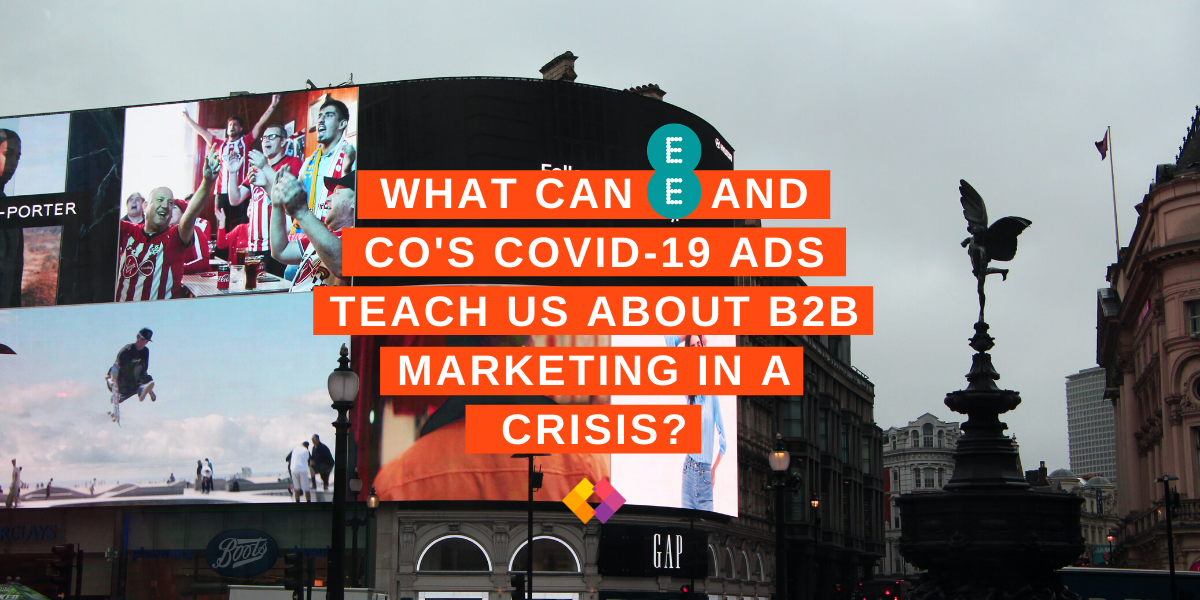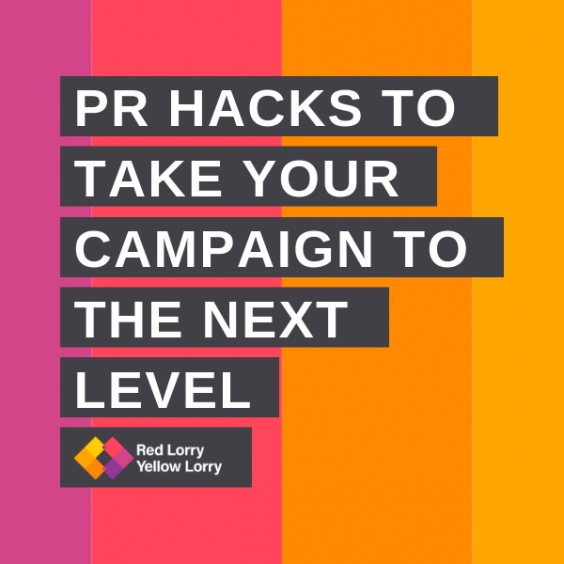With everyone being stuck in their houses for so long during the COVID-19 pandemic, brands have never had such consistent access to an engaged and receptive audience. People have had little else to do apart from go online or watch TV, presenting a unique opportunity to forge deeper connections with potential customers.
Of course, the situation has also come with its own challenges for marketing professionals. At a basic level, brands have had to decide whether it would be inappropriate to launch new campaigns, and what the best response would be. Do customers want to hear from brands? If yes, do they want reassurance from the CEO, or insights from employees working on the front lines?
They have also had to be extremely sensitive to the mood of the public in an incredibly difficult time and be even more creative when it comes to differentiating themselves from their competitors. Data released by market research firm Kantar in May suggested that people had already started to get bored of ads that look and feel the same (clapping montage, anyone?) and that don’t have anything specific to say. Brands that just tried to jump on the bandwagon, while not being overtly disliked, were found to be less memorable than their more creative counterparts.
While some brands haven’t quite hit the nail on the head, others have well and truly hit it out of the park. So, here are a few campaigns that have stood out for all the right reasons over the last few weeks.
Two thumbs up
Mobile network operator EE has recently become known for its pithy and light-hearted ads featuring Kevin Bacon. So, it was a welcome surprise when it changed tone completely in favour of a stripped down, direct and sincere approach in its ad, “A message for NHS workers.” The ad struck the right note and was totally in tune to the nation at the time – while also offering something tangible in the form of unlimited data for all NHS workers until October.
One initiative that has added real value to many people throughout the lockdown has been BT’s Tech Top Tips campaign. In partnership with ITV, the campaign aims to help people navigate a digital world in a series of short videos, using various famous faces to educate the nation. The likes of Clare Balding, Jake Humphries and David Walliams have all been involved, showing that brands don’t have to talk about themselves to stand out.
The ‘Food Love Stories’ campaign has already been incredibly successful for Tesco, but the supermarket has taken it up a notch with it’s COVID-19 edition. With so many people being physically separated from their loved ones, the ad tugs at the heartstrings by asking people to “dedicate the food you love to the people you love.” User-generated content featuring real people of all ages adds to the charm and authenticity, creating a poignancy that perfectly fit the mood at the time.
Some unofficial campaigns have also gone viral over the last few months, most notably the ‘Netflix spoiler billboards’. Created by duo Seine Kongruangkit and Matithorn Prachuabmoh Chaimoungkalo, the campaign used spoilers from some of Netflix’ most popular shows – such as Stranger Things, Narcos and Money Heist – to promote social distancing guidelines and encourage people to stay at home. It’s brilliantly creative, making use of some colourful language (#StayTheF*ckHome) to address people at human level and help get the message across.
While we’re at it…
Here’s one campaign that fell a bit short. It comes from tech giant Microsoft and its campaign around its communication and collaboration platform Microsoft Teams – which has of course experienced a significant uptick in users with everyone working from home.
Sorry to disappoint you Bill Gates, but London lorry Alex Humphries-French isn’t a fan: “All this ad is doing is telling us that the platform is being used during COVID-19. The ad is blatantly using the lockdown to try and sell software and doesn’t try to connect with people in any meaningful way. It’s the perfect example of a campaign that’s had literally zero thought on the creative side.”
B2b takeaways
Now I know what you’re thinking: all these examples are targeted at b2c audiences. But what can they teach us about b2b marketing during a crisis such as COVID-19 and what key lessons can b2b brands take away?
While it’s extremely tough for b2b brands to stand out in today’s highly competitive landscape, here are a few key learnings that can help them create engaging and impactful marketing now and in the future.
- Be timely
Although COVID-19 is a unique situation, it has clearly demonstrated the importance of timeliness. This applies to b2b as much as b2c and should be a key consideration in all b2b marketing strategies.
Being timely shows that a brand is in touch with what’s going on in the world around it and that it is able to stay connected to wider societal trends. Those that react too slowly during a crisis or global event will come across as out of touch – which is unlikely to win the hearts and minds of potential customers.
- Consider the tone
At times like these, it’s vital that businesses ‘read the room’ when developing marketing campaigns – whether that’s for TV ads, social posts or anything in between. Although public sensitivity has been at fever pitch during COVID-19, striking the right tone is something that b2b brands should always consider.
Before launching any campaign, it’s vital that brands in all industries take the time to look outwards and understand customer sentiment to ensure they don’t end up going against the grain. Is now the right time for humour? Is the content right for this specific context and moment? Those that miss the mark will stick out like a sore thumb and may end up damaging their reputation long-term.
- Be authentic
This is vital for b2b and b2c brands alike. The most successful campaigns during the lockdown have been the ones that come across as real and genuine, as that’s the type of content that will resonate most with audiences. Lean, stripped-down productions can help create this feeling.
Linked to this is the importance of offering something tangible, or that adds value to people. When communicating in a crisis, there’s no point in b2b brands saying something just to try and be relevant. All it will do is come across as self-serving and customers will see right through it – which could impact long-term brand trust and loyalty. If you don’t mean something and aren’t planning on taking steps to act on it, don’t say it.
- Be human
Although people have been less physically connected with people throughout COVID-19, in many ways our emotional connections have strengthened. People have been pitching in to help neighbours and are much more understanding and aware of the different pressures everyone’s under.
The campaigns that show empathy and highlight a human aspect by utilising emotion, have been the ones that have really struck a cord with people. B2b brands shouldn’t shy away from human-centric marketing. Instead of opting for corporate language and coming across as soulless, acknowledge the difficulties customers may be facing and add some humanity to your comms. After all, whether you work in b2b or b2c, you’re still talking to humans.
- Get creative
The default approach to b2b marketing campaigns during difficult times is often to revert to safe and direct initiatives that try to please everyone. The danger is that these can end up being dull an unmemorable – not what you want when hundreds of brands are fighting for attention.
Don’t be afraid to think outside the box and do something that sets your brand apart. Times like these call for creativity – that’s what will help brands address the issues they’re facing, as well as those of their customers.
Ultimately, there’s no single right approach for b2b brands to take when attempting to navigate a pandemic. And, while it is important to invest in the outward image at times like this, doing so in a way that lacks compassion will likely end up causing more harm than good. So, always remember to read the room, show a human side and be authentic.
Are you struggling to developing your b2b marketing strategy? Get in touch at hello@rlyl.com to find out how we can help.




